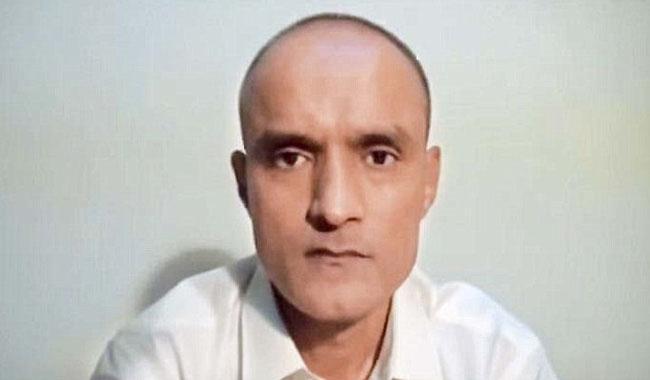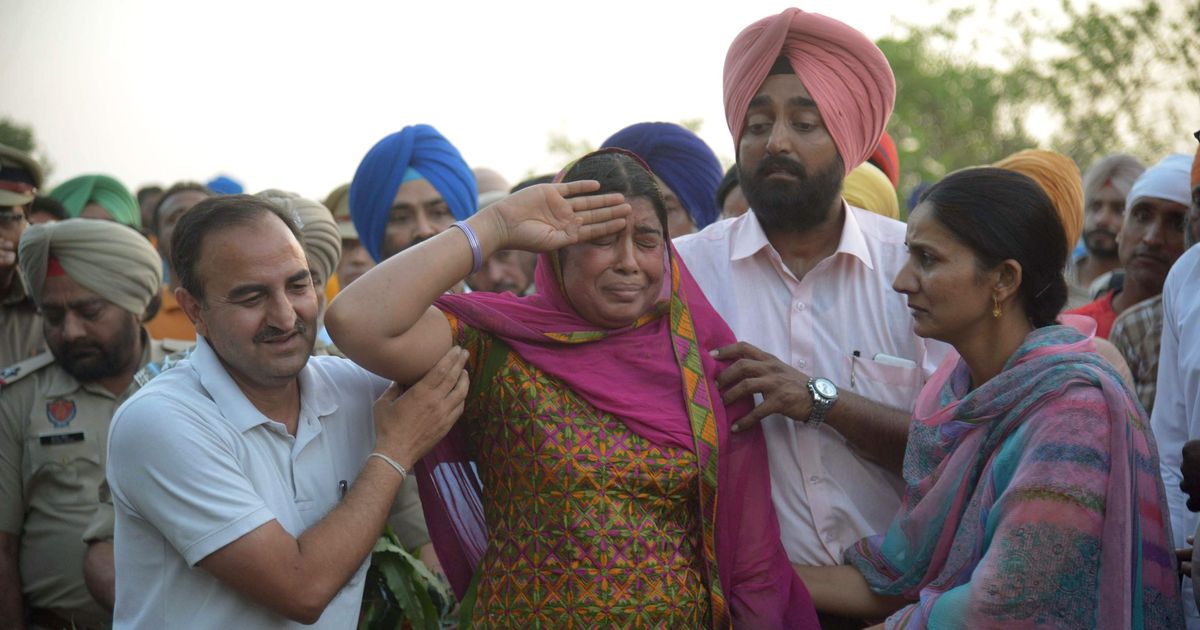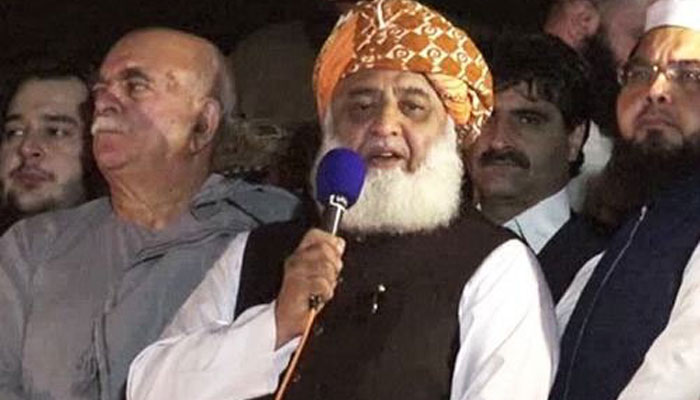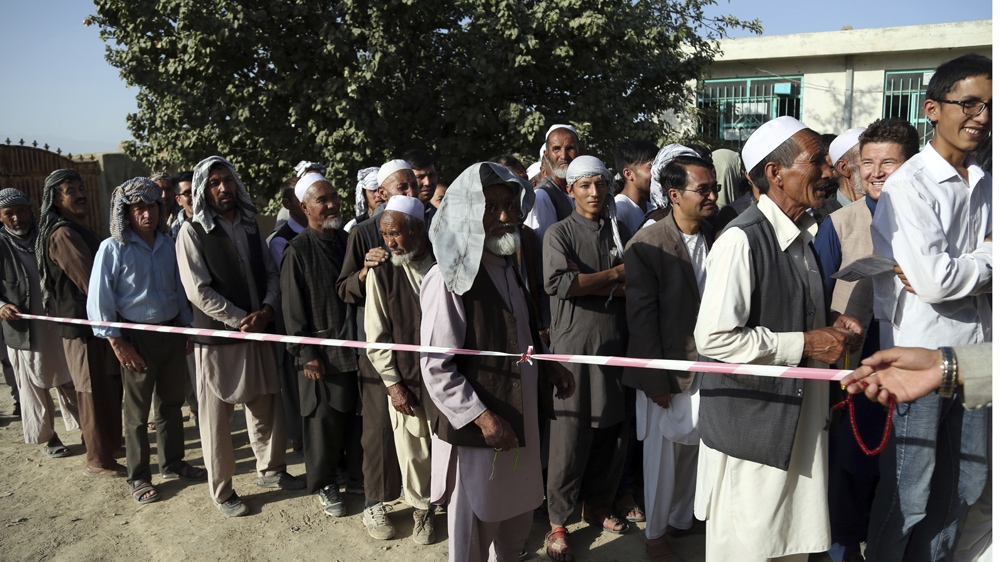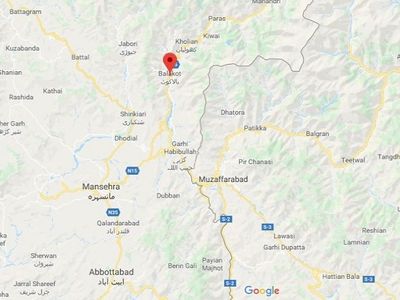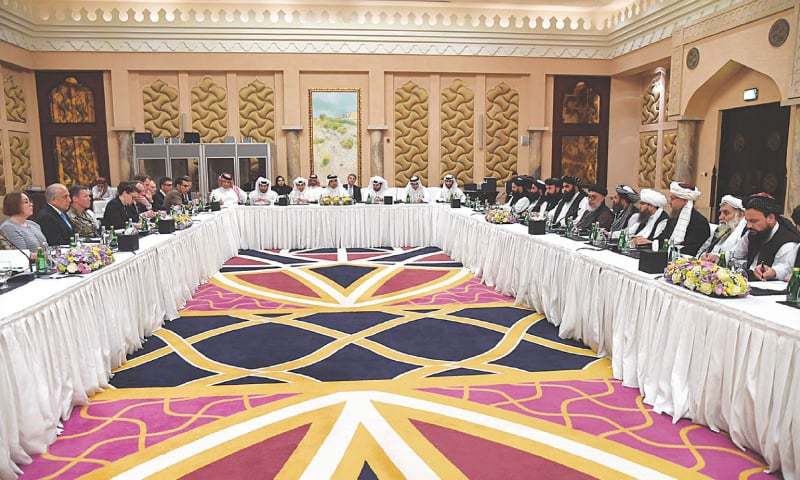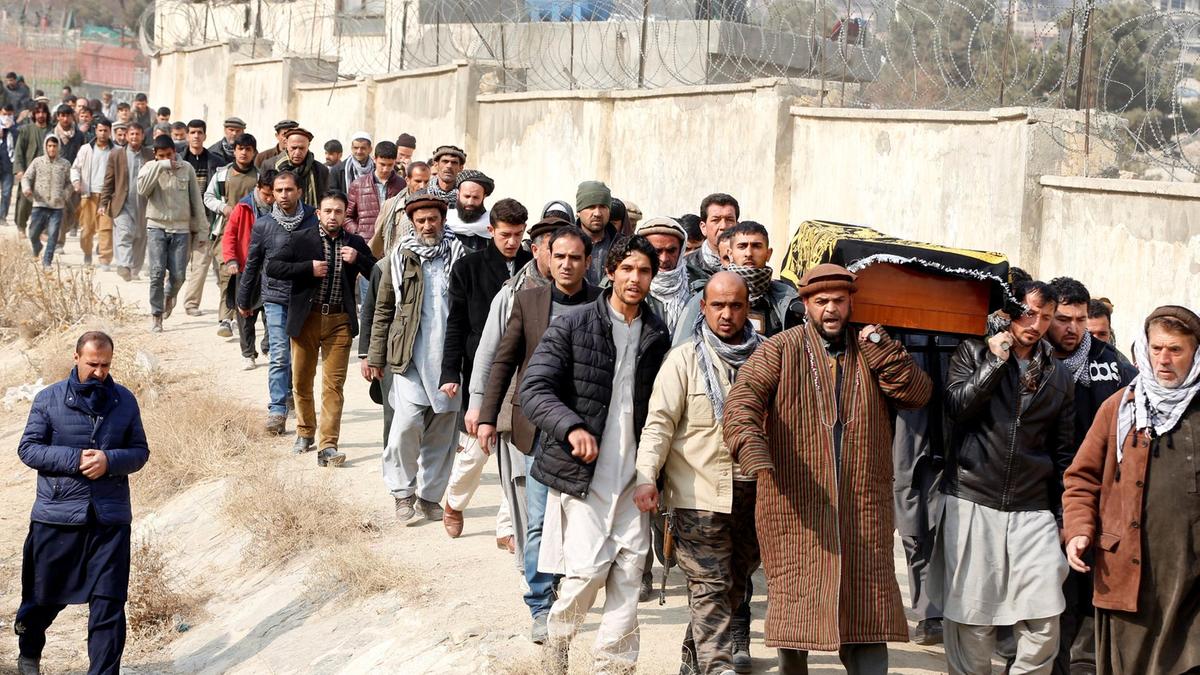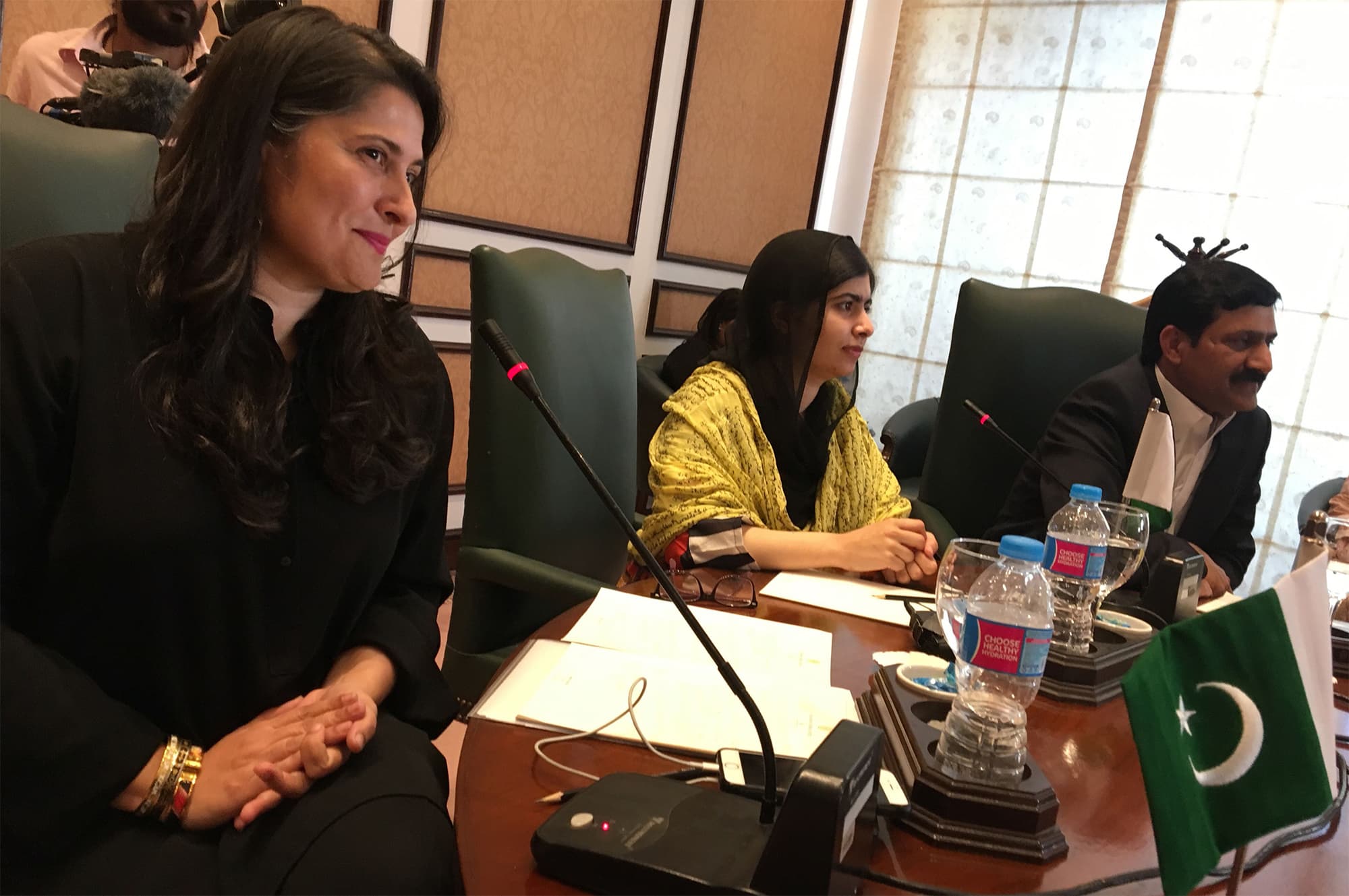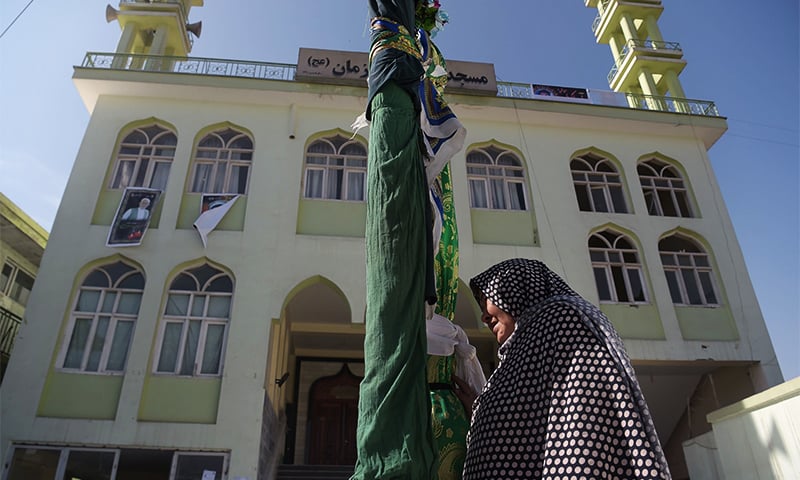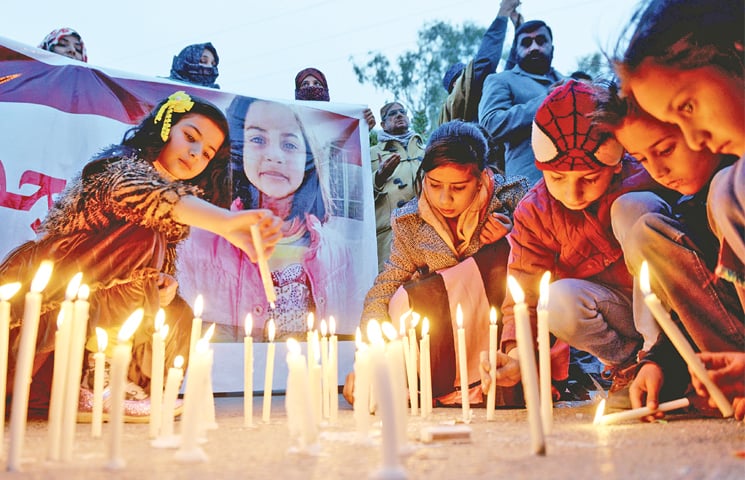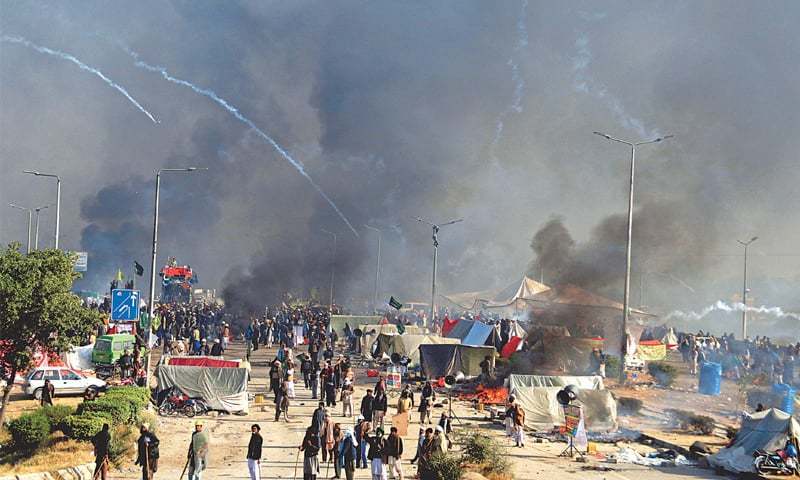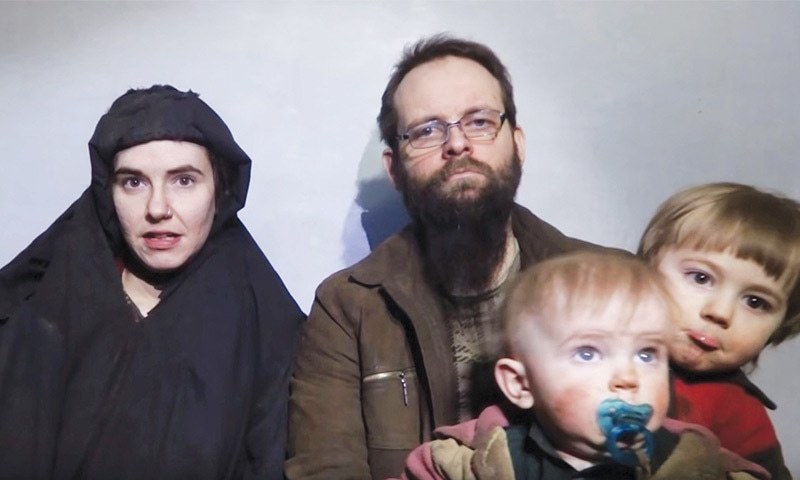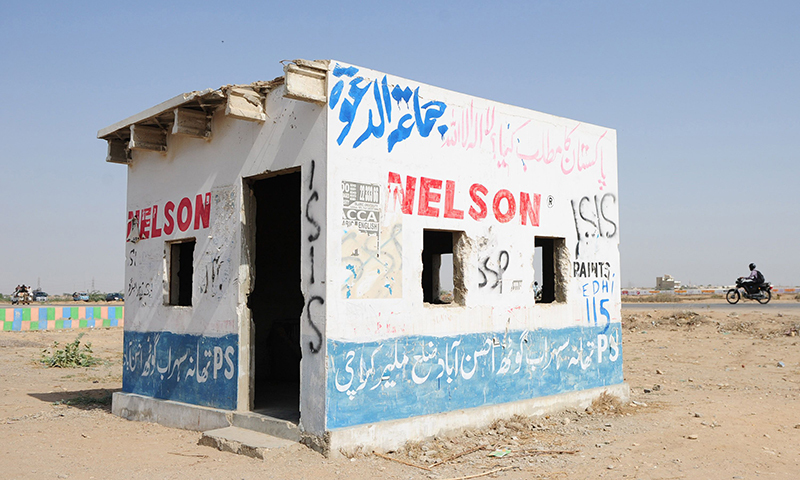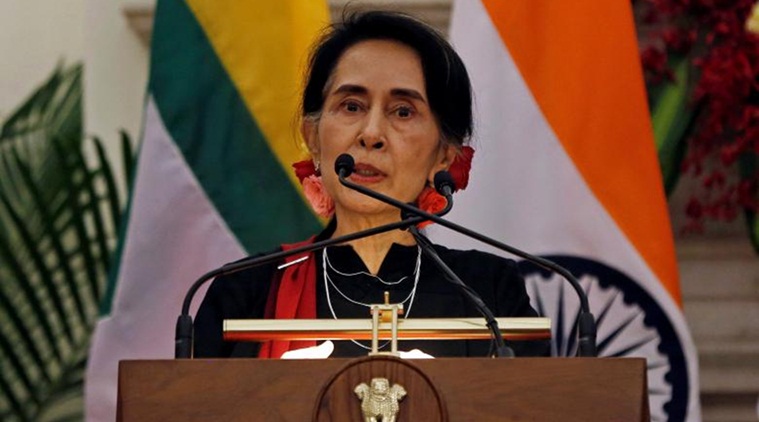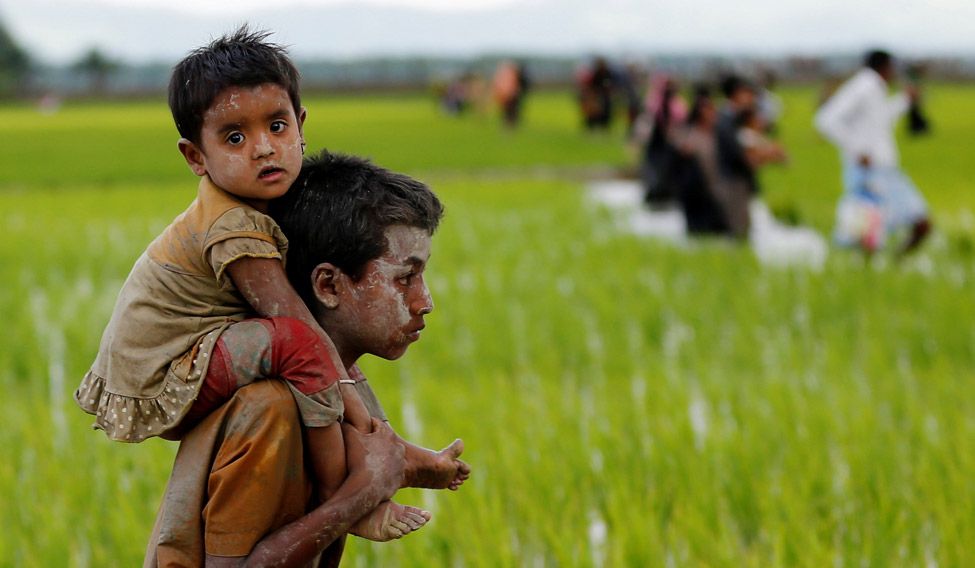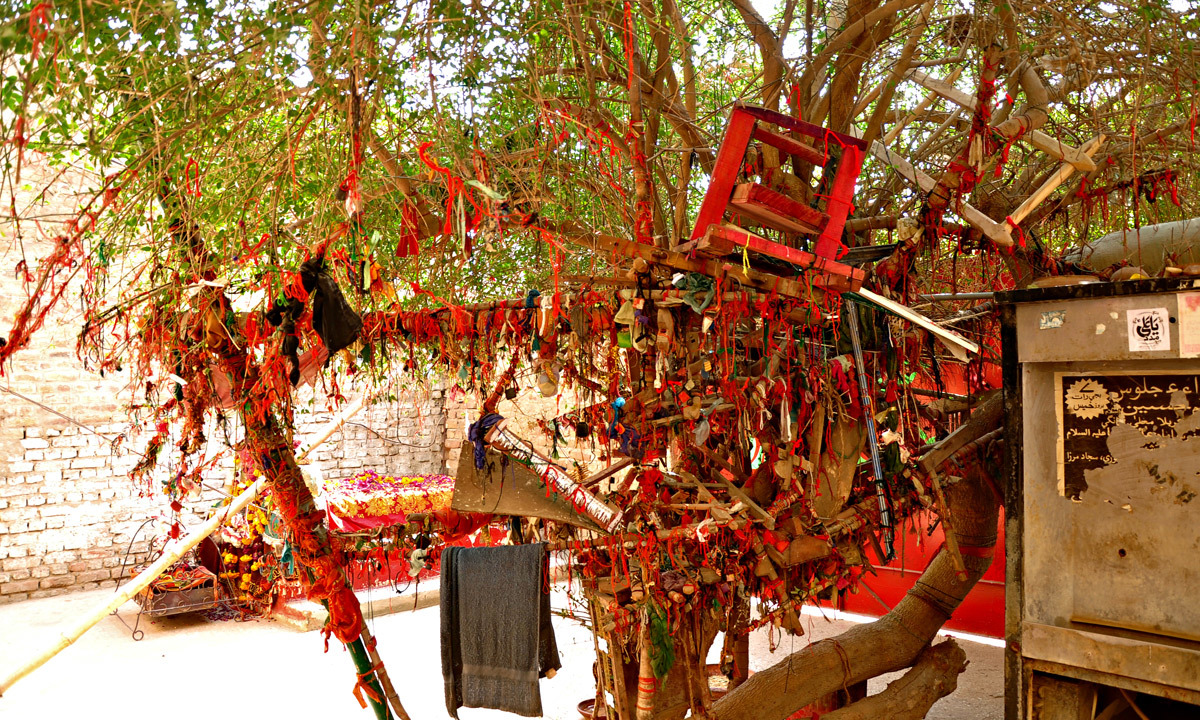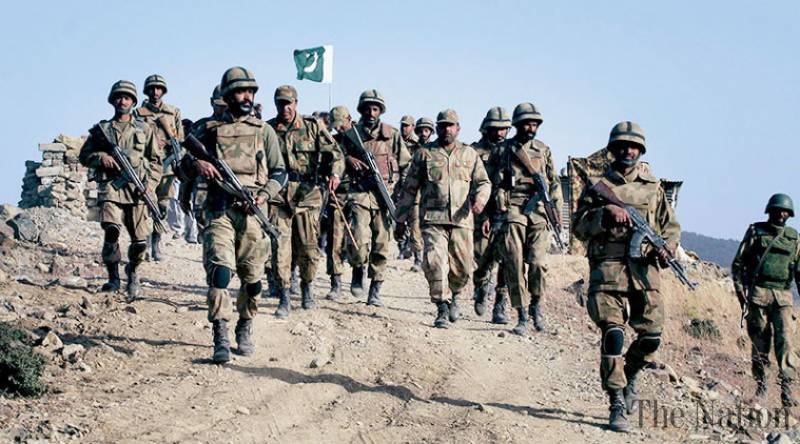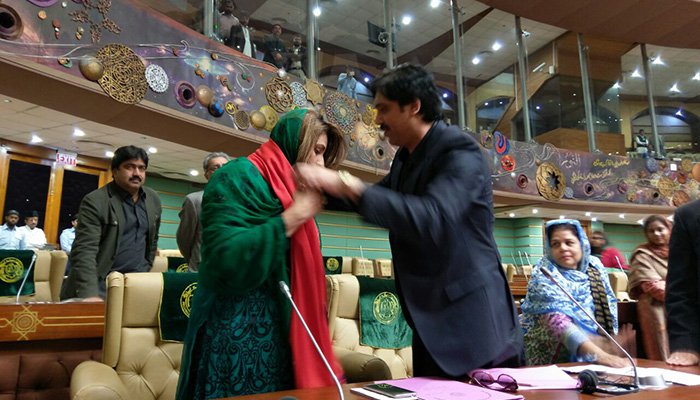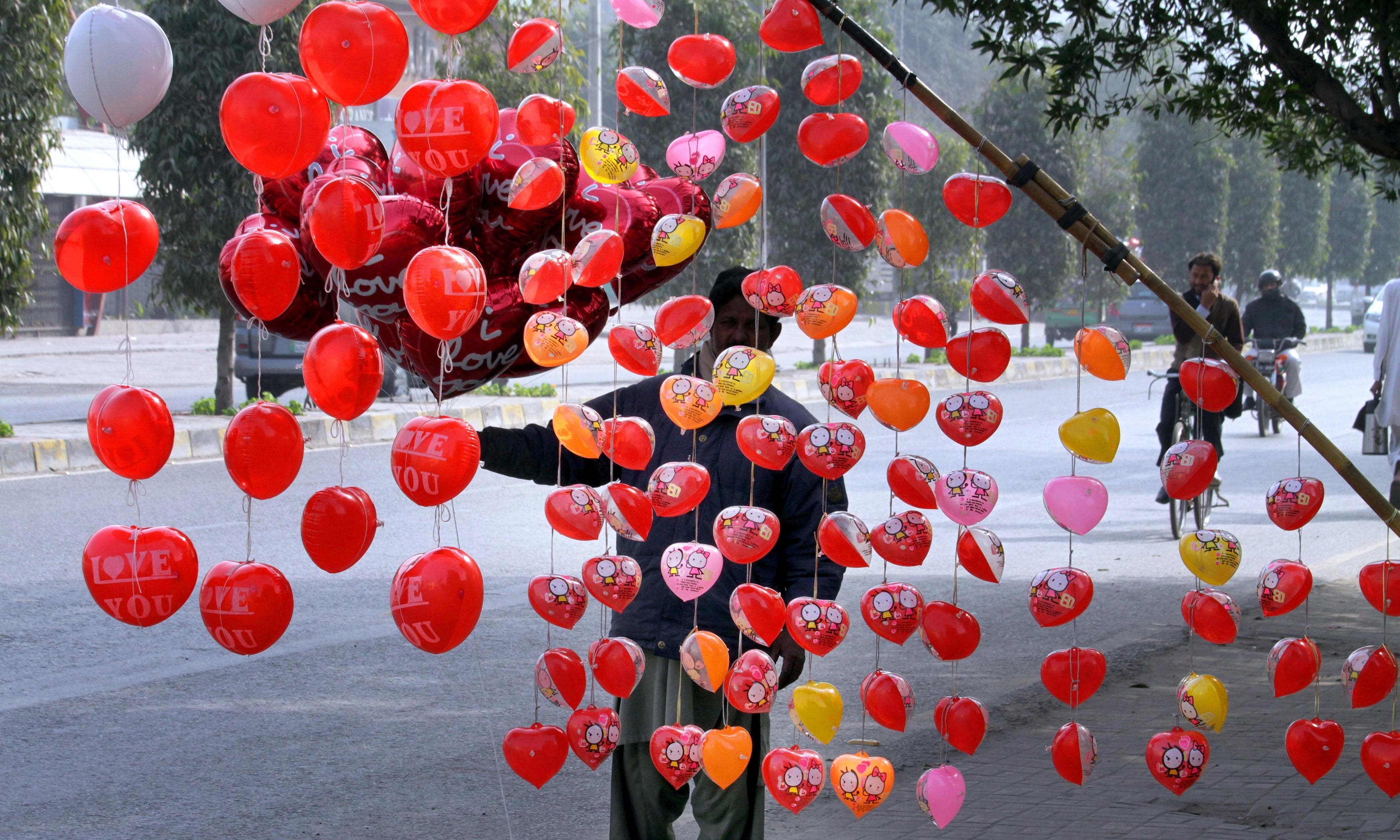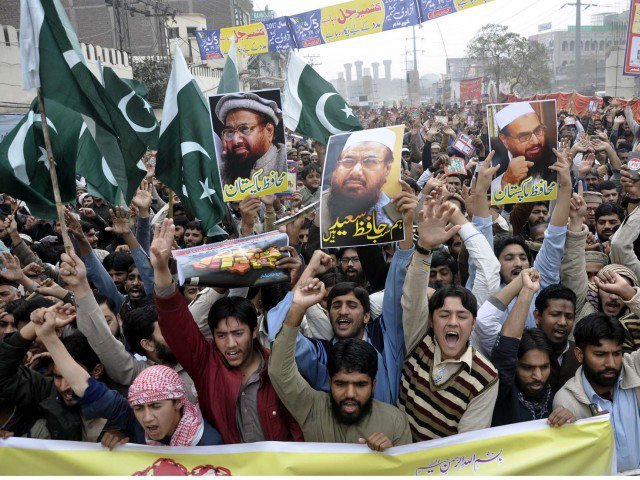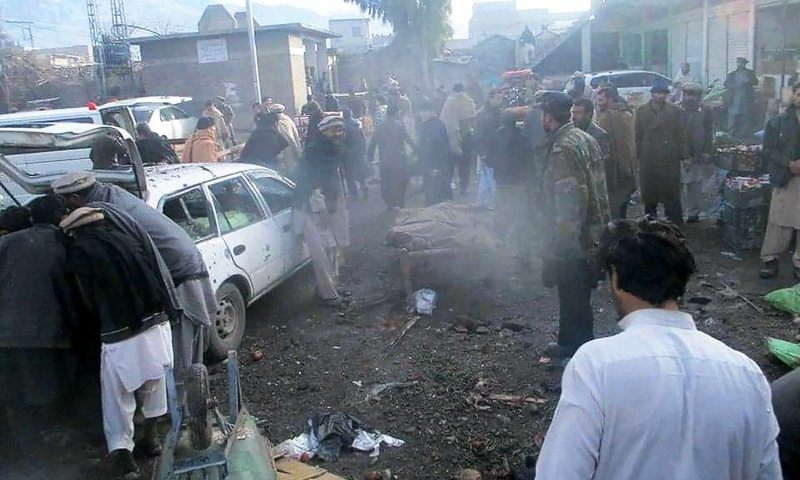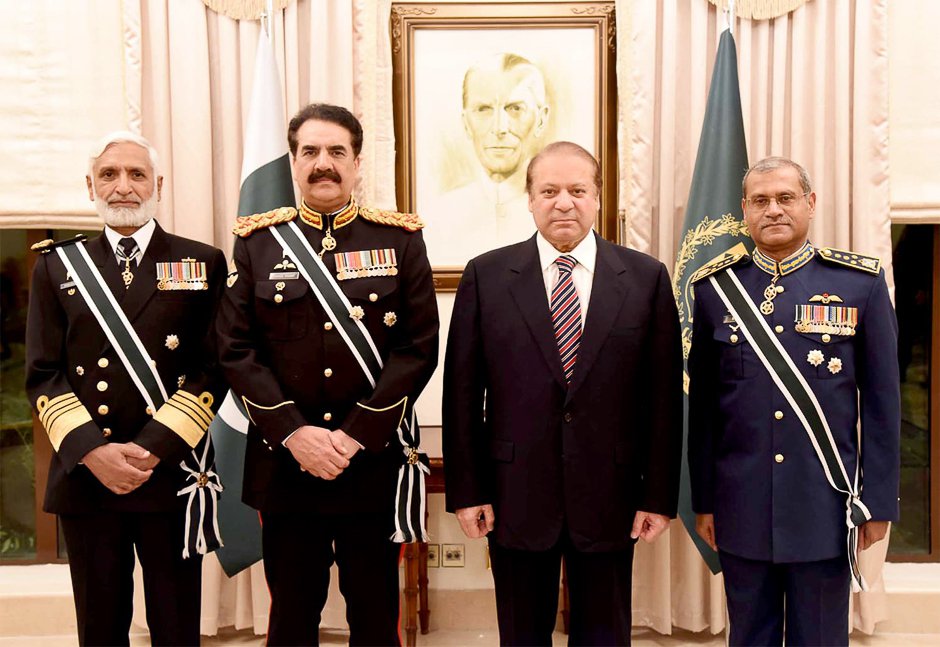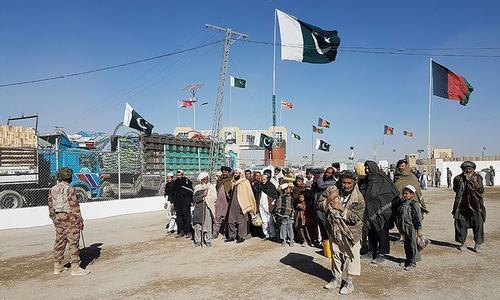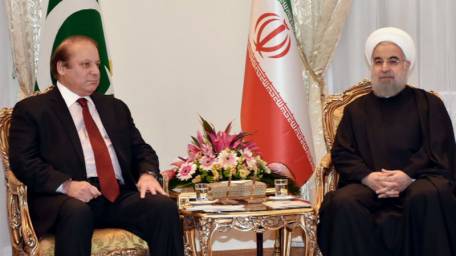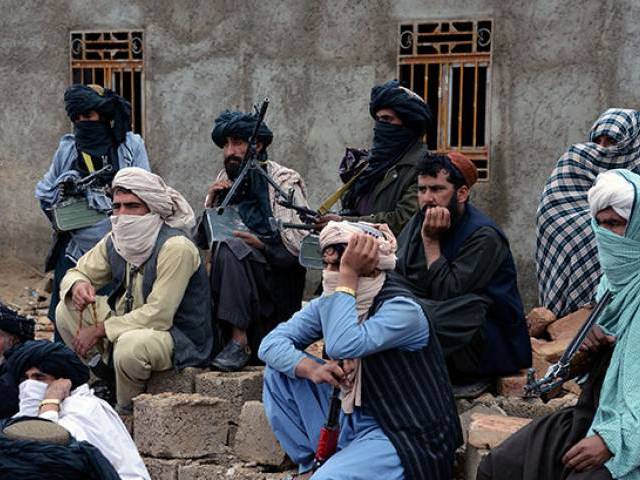CR Forecast
D. Suba Chandran
Professor
International Strategic and Security Studies Programme (ISSSP)
National Institute of Advanced Studies (NIAS), Bangalore
For Pakistan, the ICJ verdict is bad news. India has asked the International Court of Justice for “immediate suspension of the sentence of death” to Kulbhushan Jadhav and the ICJ to restrain “Pakistan from giving effect to the sentence awarded by the military court.”
The ICJ’s verdict looked into three specific issues. First, it considered there is “sufficient to establish that it (ICJ) has prima facie jurisdiction under Article I of the Protocol.” Second, it agreed to the rights (to consular notification and access between a State and its nationals) “are plausible”. Third, it looked into the risk of “irreparable prejudice and urgency” to conclude that “the mere fact that Mr Jadhav is under a death sentence and might therefore be executed is sufficient to demonstrate the existence of a risk of irreparable rights to the tights claimed by India”.
The final ruling, though provisional but unanimous: “Pakistan shall take all measures at its disposal to ensure that Mr Jadhav is not executed pending the final decision in these proceedings and shall inform the Court of all measures taken in implementation of the present Order.”
What options does Pakistan have now on the Jadhav case?
First, it could go against the ICJ verdict, ignore it and move ahead to execute Jadhav. Second, Pakistan could postpone the execution and continue the case with the ICJ, until the final verdict. Third, it could strike a rapprochement with India, allow consular access to Jadhav; in the process, also allow him to seek for clemency and grant the same in the long run. Fourth, there could be an extra-judicial killing within the prison, as had happened with Sarabjit Singh.
Will Pakistan adhere to the ICJ Verdict, but continue arguing the case?
Most likely. Keeping Kulbhushan Jadhav alive and projecting him as a symbol of India abetting terrorism within Pakistan would yield more rewards for Islamabad and Rawalpindi, than executing him.
During the last few years, Islamabad has been on an offensive to counter India’s position that Pakistan has been the sole source of State supported terrorism against India and Afghanistan. There has been concerted efforts to link India and Afghanistan as a source of instability and terrorism within Pakistan. Altaf Hussain was projected as an Indian agent and Pakistani Taliban was linked to intelligence agencies in India and Afghanistan. The recent arrest and the media space received by Ehsanullah Ehsan, former TTP spokesman could be seen as a part of this project.
The campaign though aimed at a domestic audience within Pakistan, later expanded to convince the international community as well – that India supports terrorist activities within Pakistan, and the latter is not a perpetrator but a victim.
Kulbhushan Jadhav’s capture and his alleged confession go well with the above Pakistani narrative. Islamabad would want to use him further to expand this narrative and project to the international community that India is the villain of bilateral peace. Jadhav being alive will serve Pakistan’s interests more than being executed.
Second, acceding to ICJ’s interim verdict would also help pressurize India in any future complaints that Pakistan would make in the same court. Whether the ICJ would agree with Pakistan’s complaints or not, for example any reference to human rights situation in J&K or adhering to the UNSC Resolutions, it would give a platform for Islamabad to internationalise the “Kashmir issue”.
Will Pakistan go against the ICJ Verdict and execute Jadhav?
Less Likely. As mentioned earlier, Jadhav being alive will be more useful politically for Pakistan, than executing him immediately. Besides, any such move will bring international criticism against Pakistan. Can Pakistan afford it in the present juncture?
Unless, there is a civil-military divide within Pakistan on this issue in which the latter feels that there is an understanding between the political establishment led by Nawaz Sharif and India. A section within Pakistan allege a conspiracy with Sajjan Jindal meeting Nawaz Sharif in end April. The fact that there was an immediate attack on the Indian soldiers at the Line of Control (LoC) could be interpreted as a move by the Establishment to upset any Indo-Pak rapprochement following Jindal’s Pakistan visit.
Jadhav was not convicted by the mainstream judicial process. He was tried and convicted as a terrorist by the Establishment through the Military Court. It is plausible that the Establishment could go ahead without consulting the civilian leadership and execute Jadhav.
However, keeping in mind that it is the Establishment that has been using the alleged linkages of Altaf Hussain, Kulbhushan Jadhav and now Ehsanullah Ehsan as a media exercise, it would draw more mileage for the khakis to keep Jadhav alive. Since, there is already a debate within Pakistan blaming the political leadership for their failure at the ICJ, it would suit the military narrative that it has captured an Indian terrorist alive and got a confession, but unable to execute because of the civilian failure.
Will Pakistan provide access to Jadhav and grant him amnesty later?
Less likely. Given the high profile that this case has attracted within Pakistan, and at bilateral and now international levels, this option is less likely.
Such a process also means a better Indo-Pak rapprochement that is also acceptable to every actor within Pakistan. Though there is a clamour for restarting bilateral dialogue within Pakistan, when it comes to brass-tacks, they are likely to backtrack. Otherwise, why should a meeting between Jindal and Sharif should be interpreted as a conspiracy? Neither is the current Indian Establishment is too keen to restart a bilateral process.
Will Jadhav meet the Sarabjit End?
Unlikely. Sarabjit Singh was accused as an Indian spy, granted death sentence in 1991. Subsequent governments postponed the execution; Zardari as President pardoned Sarabjit to life sentence, but was attacked by fellow prisoners in April 2013 leading to his killing in Lahore jail
Given the international attention that the Jadhav case has already attracted, any extra-legal killing would bring negative attention and negate the larger Pakistani objective of exploiting the Jadhav case and project India badly as a State that sponsors terrorism within Pakistan.
An abridged version of the above was first published in the Hindu Business Line
